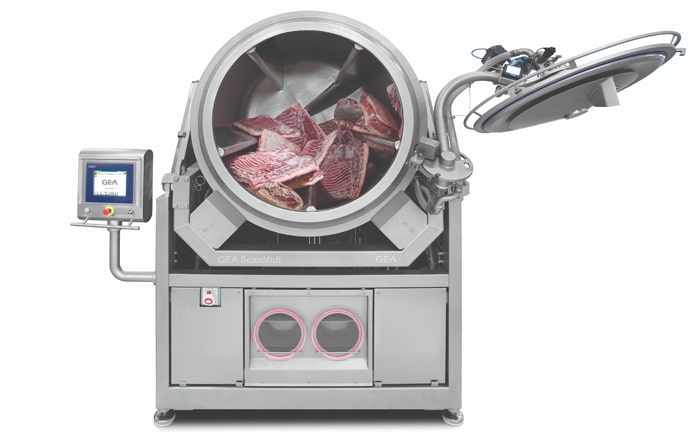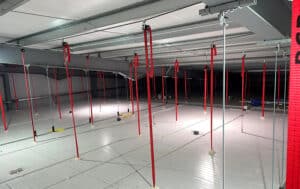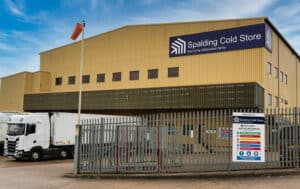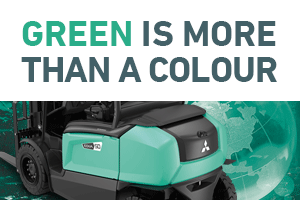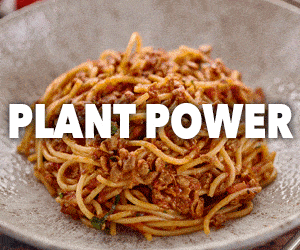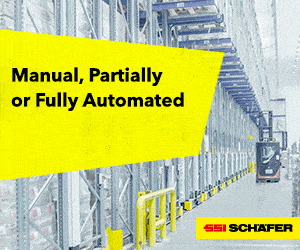During recent months, the need to bring frozen product into the production line to meet consumer demand has become more necessary than ever. Defrosting frozen raw meat and poultry for processed products requires a quick and efficient process that doesn’t decrease the value of the thawed product, or negativley impact its physical properties in any way. Leading technology provider GEA has created a solution using cold steam under vacuum conditions that does the job and completes it in a much shorter time frame than conventional methods.
Using pioneering technology, GEA has developed the ColdSteam, which works in conjuction with the GEA ScanMidi tumbler, injecting steam into a highly controlled vacuum drum to gently but rapidly defrost meat and poultry, reducing lead times and enabling food manufacturers to respond more quickly to orders.
At the normal atmospheric pressure of 1 bar, water boils at 100°C (212°F). However under the 95% vacuum (0.05 bar) conditions of the ColdSteam, it boils at the much lower temperature of 33°C (91.4°F). The steam is then injected into the drum at this temperature which does not scald or damage the meat, nor cause denaturation of proteins. The steam condenses on the cold meat, and efficiently transfers its thermal energy, significantly speeding up the defrosting process, whilst keeping the color, binding properties and structure of the meat intact.
This provides a significant improvement on traditional methods in terms of speed, as well as considerably improving yields by avoiding drip loss. During conventional defrosting methods, moisture loss from the product can be around 4-8%, meaning that around 5kg of a 100kg frozen batch literally runs down the drain. As water-soluble proteins are lost in this liquid, the gelling capacities of the product are reduced, impacting upon the texture of the meat and therefore the quality of the finished product. The GEA ScanMidi with ColdSteam avoids this issue by carefully massaging any moisture loss back into the meat during the process. Retaining the natural proteins and moisture also enables further processing steps, such as mixing, forming and cooking, to be carried out with minimal impact.
The system is suitable for a wide range of meat and poultry products including bone-in cuts, chicken breast fillets, pork spare ribs and beef topsides. The speed and angle of the system can be adjusted according to requirements, and the process is very gentle, ensuring that damage to the products is at an absolute minimum.
The length of time it takes to defrost large amounts of product using conventional methods can present challenges to food manufacturers in terms of maintaining food hygiene and variables can be difficult to control, for example, the issue of cooked edges and hot spots associated with microwave technology. As the defrosting takes place within a fully sealed vacuum environment, the need for human contact during the process is completely eliminated, reducing the risk of contamination. Anaerobic microbial growth is also prevented under these conditions, and the entire process takes between four and nine hours, depending on the product used.
Victoria Metaute, Food Application Technologist at GEA commented: “Defrosting or tempering products using traditional methods for extended periods requires human contact, which naturally increases the risk of contamination. Automating the process using advanced equipment can mitigate this risk, and at the same time add considerable value in other areas by increasing yields and reducing the defrosting time. The process is safer, faster, less labor intensive and enables a consistently high-quality product to enter the retail supply chain. This ultimately leads to high levels of satisfaction at every point – from processor to brand to consumer.”


